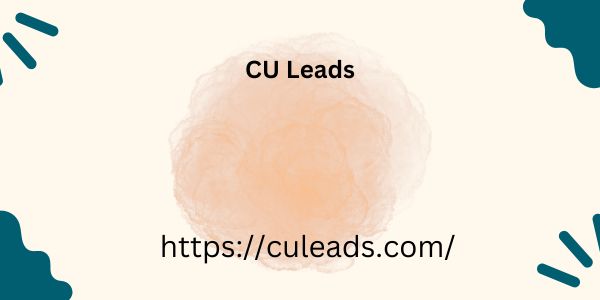|
|
Of all the clients who said no, how many were you able to persuade? The job of selling also involves wisely avoiding the sales objections that the user raises in order to cancel the purchase or avoid continuing to negotiate. Many times we take the “buts” as something definitive, without understanding that the client has already shown the greatest sign of interest in the product when contacting us. Therefore, the “but” is closer to a yes than a no. Why don't we give it the final push? Customer I like the pants, but it's not the color I'm looking for. You: In our catalog you will see 5 different outfits to combine.
If you wear it now you have a discount I love it!!! What are sales objections? Sales objections are that series of obstacles that the customer puts up in order to give up on the purchase or reject your proposal. These can be personal: “I don't have the budget”, “I don't need it”, “it's not the model I'm looking for”, or reflect their indecision in CU Leads your company or product: “I don't know your business”, “it takes a long time to make shipments”, “you don't have a convenient payment solution”. Hence the importance of identifying them and turning each “but” into a sales opportunity.

Types of sales objections and how to deal with them But it is very expensive This is one of the most common types of sales objections . However, this should not be taken as a bad sign, since it means that the user is interested in the product, but it exceeds his purchasing power. In this case, it is advisable to be understanding, find out how much your budget is and if it really deserves some type of discount. For example, the customer may have enough to pay for the product, but not its shipping. if so, evaluate how feasible it is to give a discount on that service or leave it free.
|
|